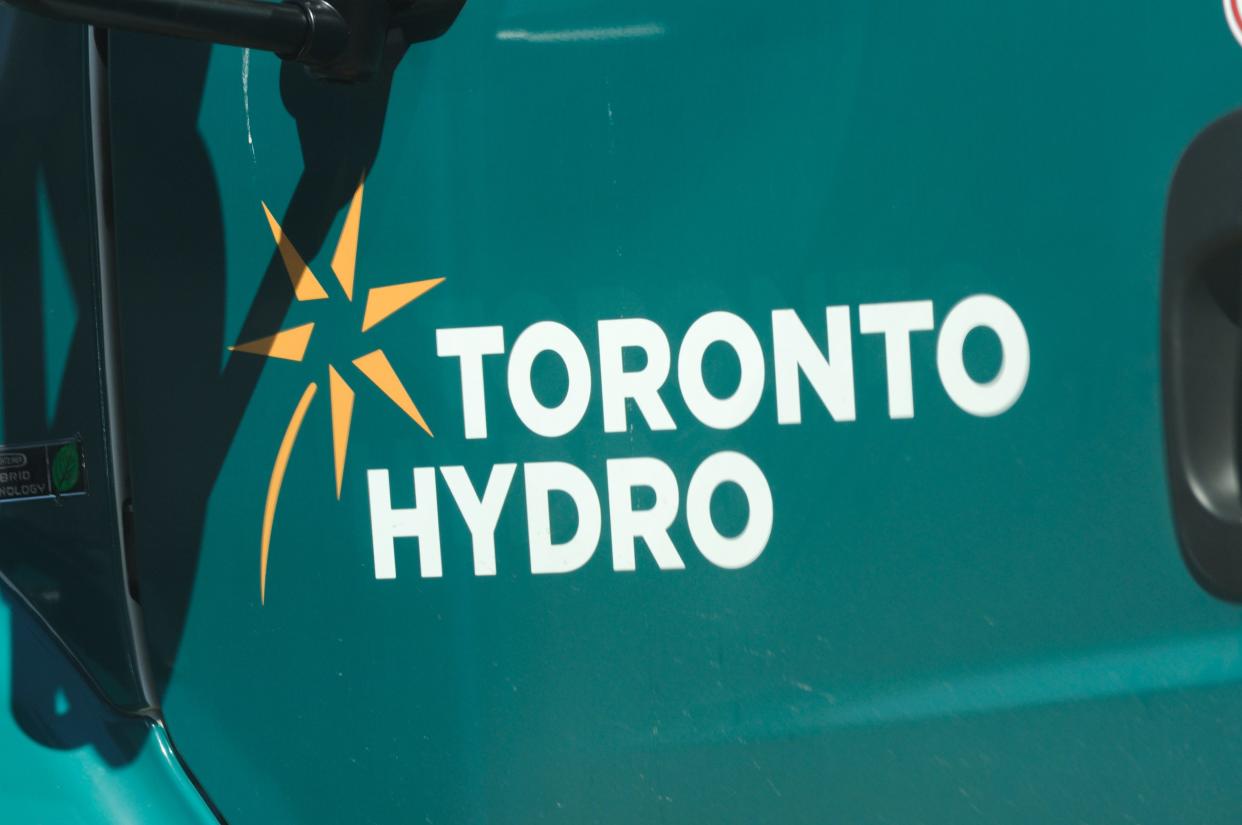Toronto Hydro scam: Beware of a phone call from collections

Canadian consumers are on edge with an onslaught of phone scams popping up across the country. Toronto Hydro is the targeted company in the most recent scam, and they are warning customers to be cautious.
Phone scammers
The latest phone fraud scheme involves a phone call that shows up on caller ID as Toronto Hydro. The person on the other end says they are from “Toronto Hydro Billing and Collections Process” and claims that they will immediately disconnect the customer’s hydro if payment isn’t made immediately. The customer is then asked to call a 1-800 number. When that number is called, they hear a greeting that’s similar to the one they hear when they call the real Toronto Hydro.
The company stresses that it would never disconnect power immediately or ask proactively for payment by pre-paid cards or bitcoin. They advise that customers hang up if they receive such a call and refrain from sharing account information or making payments over the phone.
READ MORE: Why are Canadians are getting so many scam calls?
Toronto Hydro is also warning about another scam, this one through emails and text messages. They appear to be from the company and ask the customer to accept an electronic credit or refund transfer by clicking on a link. The link is used to attempt to access a person’s personal information.
Scammers work internationally
Robert Hudyma is an associate professor at Ryerson’s School of Information Technology Management. He says the reason there’s such a proliferation of these scams in recent years is because they work.
“Unfortunately there is gullibility with people who are naturally helpful and honest and they get scammed,” he tells Yahoo Canada News.
Fraud schemes are also tricky to nab because the scammers are often working internationally.
“Since the majority of calls come from India, the Toronto Police, Ontario police and the RCMP don’t have any jurisdiction over these guys,” Hudyma says. “It also appears that law enforcement in India is lax and there’s not much motivation to prosecute these people locally.”
Robot dialers, the technology that gives the fraudsters the ability to make multiple phone calls, are only a few thousands dollars. That, combined with the low wages it takes to staff a call centre abroad in a country like India, means these types of scams have a low overhead for the person running them. The operation usually employs a scout to look out for law enforcement, and quickly shut down if they’re about to be targeted.
“These call centres are like mushrooms,” says Hudyma. “They spring up overnight.”


